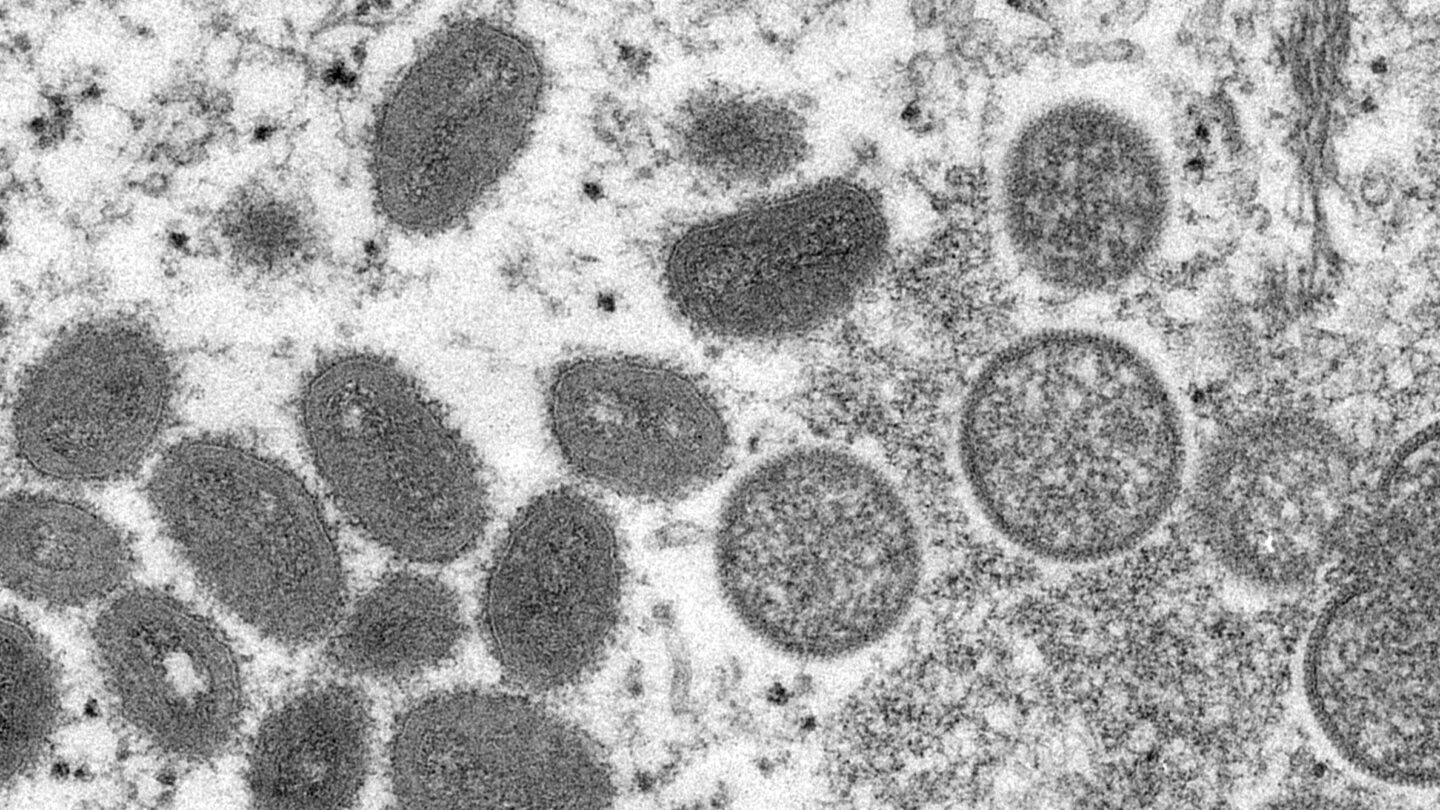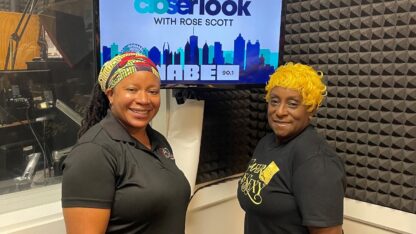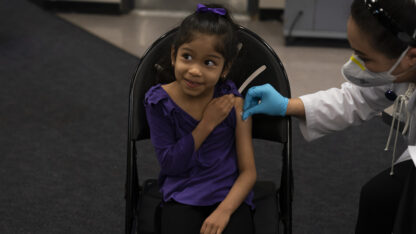The Biden administration announced an “enhanced nationwide vaccination strategy” to curb the spread of monkeypox in the U.S.
In a call with reporters on Tuesday, top federal health officials — including director of the Centers for Disease Control and Prevention Dr. Rochelle Walensky and Dr. Ashish Jha, the White House COVID-19 response coordinator — laid out the administration’s plan to expand the availability of a vaccine for monkeypox.
The Department of Health and Human Services will make 296,000 doses available in the coming weeks — within that amount, 56,000 doses will be made available immediately — and expects a total of 1.6 million doses to be available in the U.S. by the end of the year. The vaccine being distributed is the JYNNEOS vaccine, which is administered in two doses given 28 days apart.
There are now more than 300 confirmed cases of monkeypox in the U.S., according to the CDC.
As NPR has reported, a lack of testing for monkeypox means the outbreak is likely bigger than the case count suggests.

9(MDAxODM0MDY4MDEyMTY4NDA3MzI3YjkzMw004))







